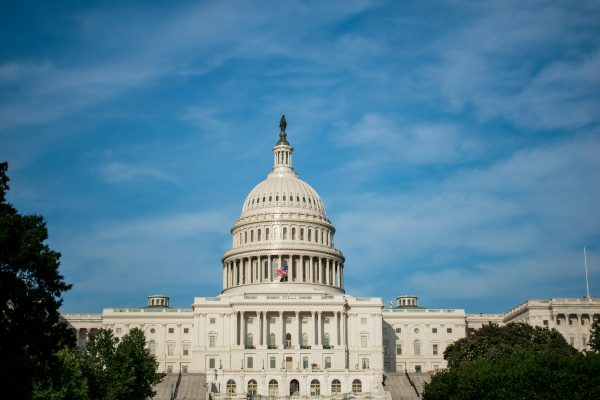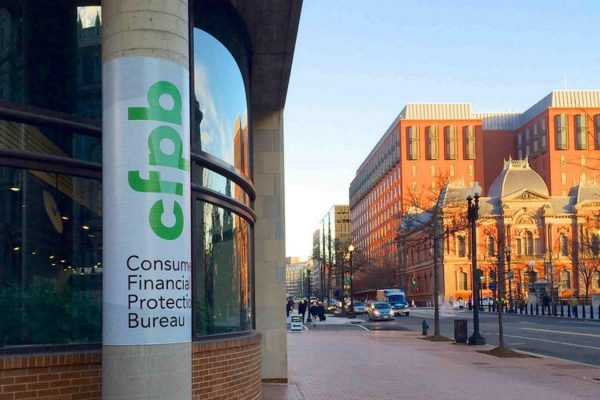News Release: Senate Approves Unfit Leader for the Securities and Exchange Commission
The Senate approved the nomination of Paul Atkins to serve as Chair of the U.S. Securities and Exchange Commission on a partisan vote putting a deeply flawed nominee in office at a time of great market turmoil that could threaten investors, retirees and pensions, equity markets, and the broader economy.








